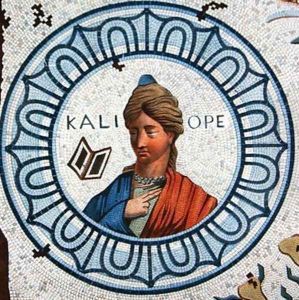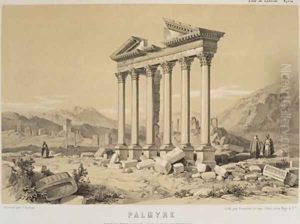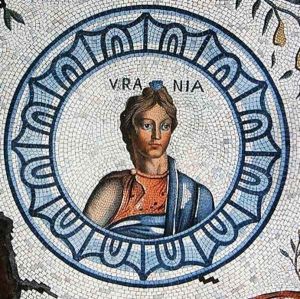Laborde, Leon de Paintings
Leon de Laborde was a multifaceted figure in 19th-century France, whose contributions spanned across the realms of art history, archaeology, and politics. Born in Paris in 1807, he was part of the influential Laborde family, which provided him with the resources and connections to pursue a wide array of interests. His father, Alexandre de Laborde, was a notable figure as well, deeply involved in politics and the arts, which undoubtedly influenced Leon's upbringing and career choices.
Leon de Laborde's scholarly pursuits are most marked by his contributions to the understanding of medieval and Renaissance art, as well as his explorations in the Middle East, which were pioneering at the time. His travel to the Middle East in the early 1830s, particularly his journey through Syria and Palestine, was instrumental in the development of archaeological methodology and the study of these regions' history and culture. One of his most significant works, 'Voyage en Orient' (1838), not only detailed his explorations but also offered insights into the social and political contexts of the regions he visited.
Back in France, Laborde's interests in art and history found another outlet in his role as a custodian of the Louvre's prints and drawings, a position he held from 1841. His work in cataloging and preserving the collection was pivotal for the museum. Furthermore, his scholarly work extended to the study of engraving techniques, culminating in the publication of 'La Gravure,' which remains a significant reference in the field.
Laborde's influence also extended into the political arena. He served as a deputy for the Seine department from 1846 to 1848, participating actively in the legislative assembly. His political career continued under the Second Empire, where he held various administrative roles, showcasing his versatility and commitment to public service.
Leon de Laborde's death in 1869 marked the end of a career that had significantly impacted the fields of art history, archaeology, and French politics. His legacy is preserved through his extensive writings, his contributions to the Louvre, and his role in the development of archaeological practices. Laborde was a man of his time, embodying the spirit of inquiry and the breadth of interests that characterized the 19th century's intellectual pursuits.


